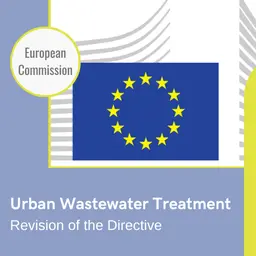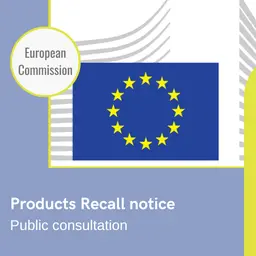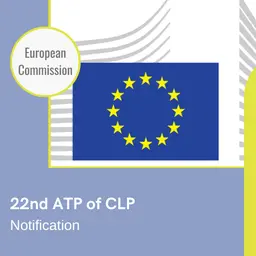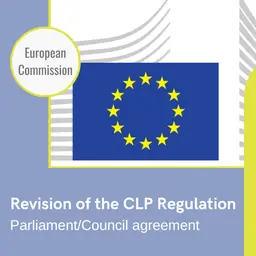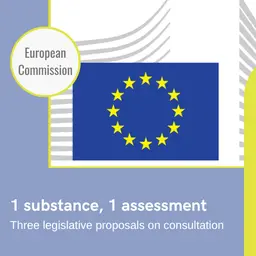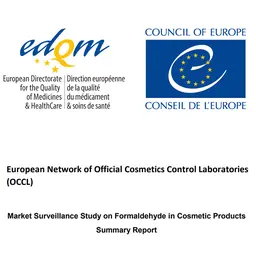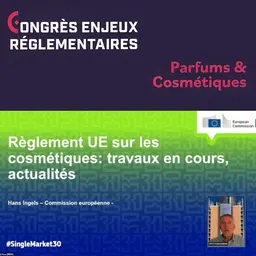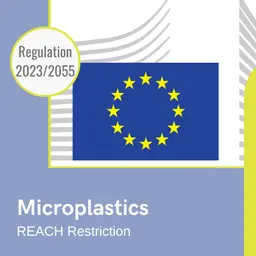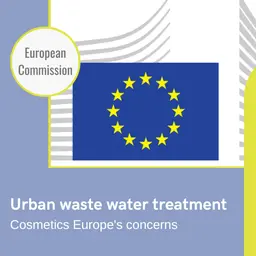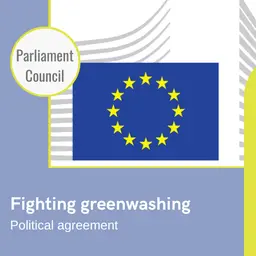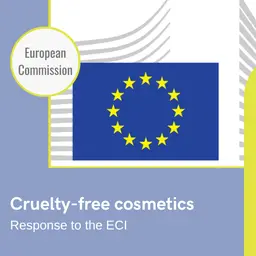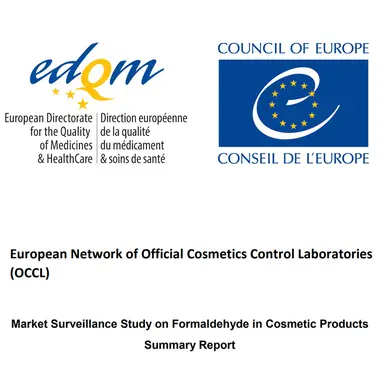
According to a market surveillance study published by the EQDM (European Directorate for the Quality of Medicines & Healthcare), and conducted by the OCCL (European Network of Official Cosmetics Control Laboratories) between 2018 and 2022, 29.3% of cosmetics analysed contained formaldehyde, including in products not containing formaldehyde releasers.
Classified as a carcinogen category 1B, Formaldehyde is also a skin sensitiser, which use in cosmetic products is prohibited by European legislation (entry 1577 of Annex II to Regulation (EC) No.1223/2009).
Several preservatives releasing formaldehyde are authorised for use in cosmetics providing that the label alerts the consumer to the presence of this ingredient.
This study was carried out to check compliance with regulations and the presence of formaldehyde in cosmetic products.
The OCCL study
Between 2018 and 2022, around 1000 products were sampled in nine countries. The majority of the samples were taken from retail shops (74%); others were collected at other stages of the distribution chain (importers, internet, etc.).
These products had been manufactured in numerous countries (43 identified countries of production), with the majority (59%) manufactured in Europe. They included different types of products, such as skin cleansing products (19%), skin care products (16%), nail varnish and remover products (13%), hair styling products (9%) and hair colouring products (9%).
Thirteen OCCLs participated in the study. The products were analysed for the presence of formaldehyde and their labelling checked for any indication of formaldehyde and formaldehyde releasers.
The results
“The data obtained by OCCLs on almost 1 000 …

